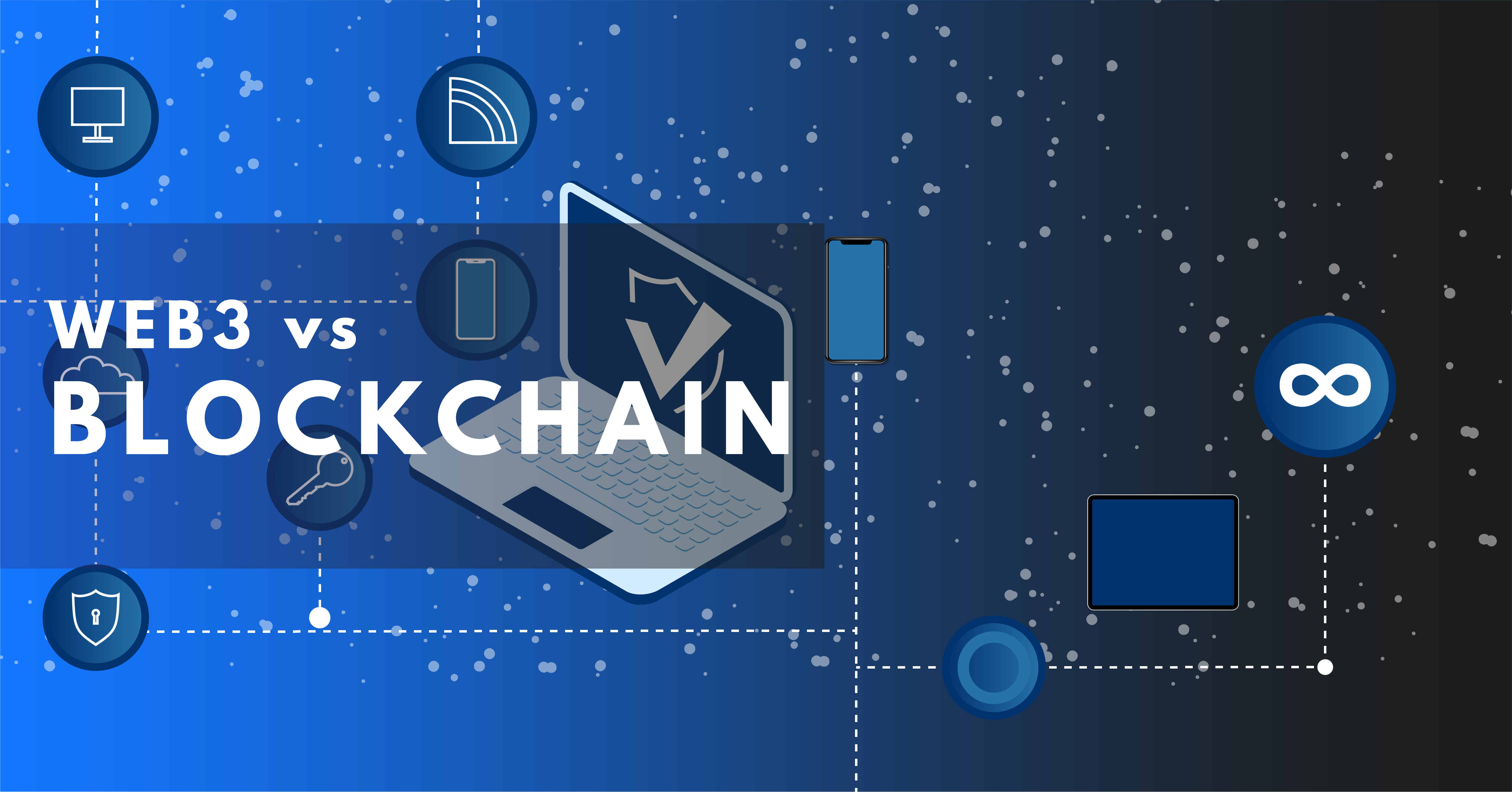|
In today's digital age, mobile internet has become an integral part of our daily lives. It has revolutionized the way we communicate, access information, and conduct business. This article aims to explore the evolution of mobile internet, from its humble beginnings to its current state as a transformative technology that connects the world at our fingertips. The Birth of Mobile Internet: Mobile internet traces its roots back to the early 1990s when the first wireless networks were introduced. These networks provided limited connectivity and were primarily used for voice calls. However, the rapid advancements in technology soon paved the way for a new era of mobile communication. The Rise of 2G and SMS: The introduction of 2G (second-generation) mobile networks in the late 1990s marked a significant milestone in the development of mobile internet. Alongside voice calls, 2G networks offered a breakthrough feature known as Short Message Service (SMS), enabling users to send text messages instantly. Although basic compared to modern standards, SMS was a precursor to the more advanced mobile internet services that would follow. 3G: A Game-Changer: The advent of 3G (third-generation) networks in the early 2000s brought about a quantum leap in mobile internet capabilities. With 3G, users could enjoy faster data speeds, enabling them to browse the web, send emails, and download content on their devices. This era witnessed the emergence of smartphones, which combined telephony with internet connectivity, propelling mobile internet into the mainstream. 4G and the Mobile Revolution: The arrival of 4G (fourth-generation) networks around 2010 marked a pivotal moment for mobile internet. 4G offered even higher data speeds, lower latency, and improved network capacity, making it possible to stream high-definition videos, play online games, and engage in video conferencing on mobile devices. This era witnessed the explosive growth of app stores, social media platforms, and streaming services, transforming how we consume content and interact with the digital world. The Era of 5G: As we step into the present, the era of 5G (fifth-generation) networks has begun. 5G promises unparalleled speed, ultra-low latency, and massive connectivity, opening up a new realm of possibilities for mobile internet. With speeds up to 100 times faster than 4G, 5G will unleash technologies like augmented reality (AR), virtual reality (VR), autonomous vehicles, and the Internet of Things (IoT), revolutionizing industries and shaping our future. Mobile Internet: Impact on Society: The widespread adoption of mobile internet has had a profound impact on society. It has democratized access to information, bridging the digital divide and empowering individuals worldwide. Mobile internet has transformed industries, such as e-commerce, entertainment, healthcare, and education, creating new opportunities and business models. It has also revolutionized communication, enabling real-time connections across borders and cultures. Looking Ahead: As the evolution of mobile internet continues, we can expect even more exciting developments on the horizon. The integration of artificial intelligence (AI), edge computing, and cloud services will reshape the mobile internet landscape, making it smarter, faster, and more secure. Furthermore, advancements in network infrastructure, such as satellite-based internet and space-based networks, will extend connectivity to remote areas, further connecting the unconnected. In conclusion, mobile internet has come a long way since its inception. From the early days of basic connectivity to the era of high-speed 5G networks, mobile internet has transformed the way we live, work, and play. As technology progresses, we can anticipate a future where mobile internet becomes an indispensable tool that empowers individuals and connects the world in ways we never thought possible.  |
